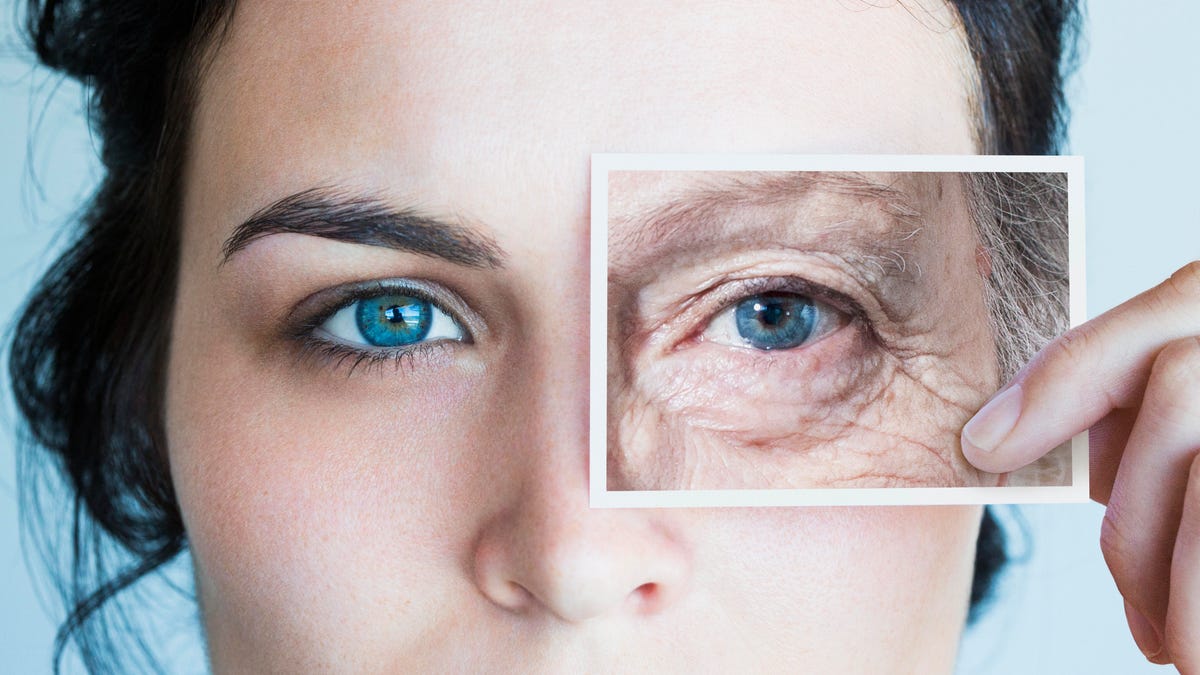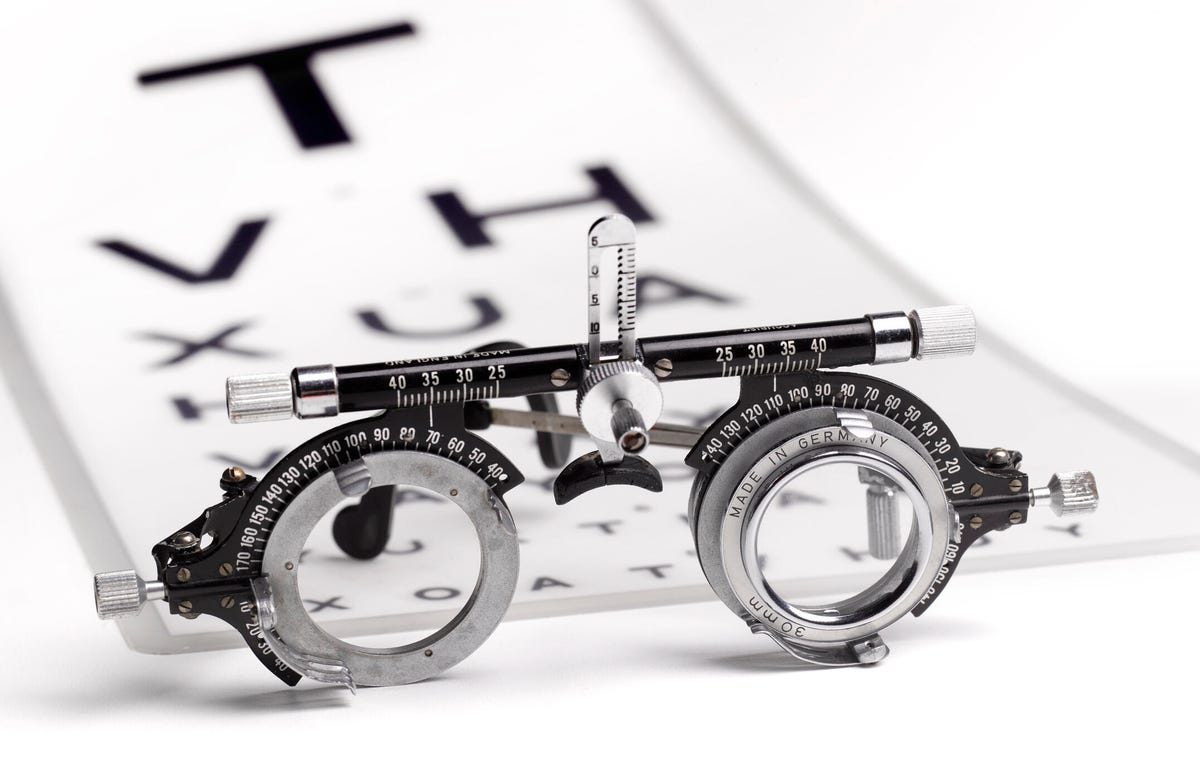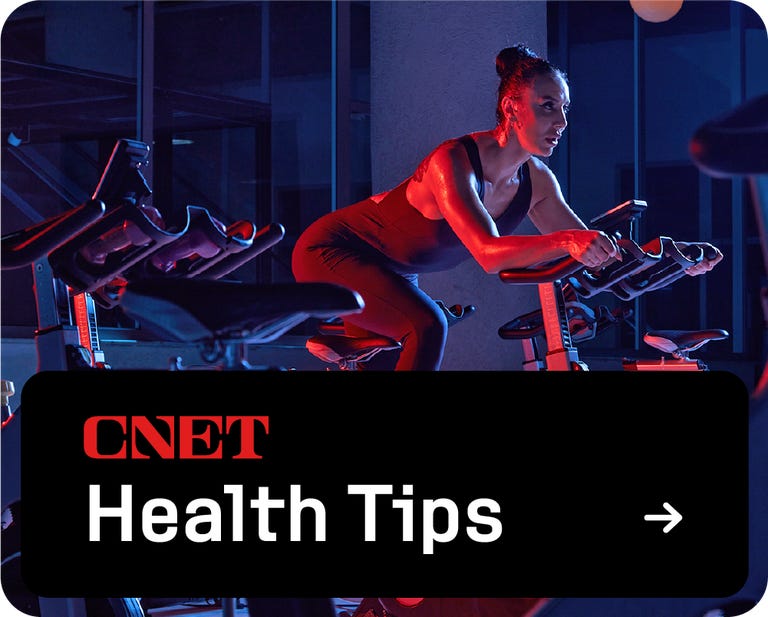4 expert-approved tips that will unlock lifelong healthy eyes



As we age, our eyes undergo (sometimes subtle) changes that require extra care and attention. It is normal to experience gradual changes in vision as you get older. However, some of us will experience sudden vision changes that could indicate a medical problem.
As the number of candles on your birthday cake increases, so does your risk for eye-related conditions and diseases. Keeping up with your eyesight is easy if you follow these simple tips to maintain the health of your aging eyes.
Also see which vitamins and supplements are essential for your eye health, what you can do every day to protect your eyes, and six common eye conditions to watch out for as you age.
1. Know your risk level
Knowing what things affect your vision and how to identify symptoms is one of the most effective ways to monitor your eye health.
If you have a job that involves looking at a computer screen all day, you’re probably already familiar with eye strain and strain that sometimes causes temporary blurred vision. Take an eye break at least every 20 minutes and consider blue light blocking glasses while working. If you work outdoors where the sun can damage your eyes or in a setting where things can get into your eyes, make sure you wear proper safety glasses and respond immediately to any injuries.
Don’t forget your family history. There are more than 350 eye diseases that are considered hereditary. You can’t change your genetics, but being aware of them can help you identify symptoms or seek preventative care.
Read more: Best reading glasses of 2024
2. Have your eyes checked regularly
Eye exams may not be what you look forward to most, but they should be pretty high on the list of important things to do as you get older. Whether you have a family history of vision problems or not, regular eye exams can help you identify problems early before they become more serious.
The American Academy of Ophthalmology recommends eye exams at least every year or two after the age of 65. Age-related eye problems such as cataracts, diabetic retinopathy, glaucoma and macular degeneration can be detected early by an ophthalmologist.

3. Wear good glasses
The sun’s UV rays can be harmful to the eyes and damage your eyesight. According to the US National Institutes of Health, excessive UV light has been linked to a higher risk of cataracts or even eyelid cancer. Wear a good hat and sunglasses that block at least 99% of UVA and UVB rays.
If you wear prescription glasses or contact lenses, or even a few over-the-counter readersBe proactive and update your glasses regularly. The prescription you needed at the time may be different from what you need now. Even if those over-the-counter readers did it a year ago, you might need a little more help now.
4. Take care of your body
While external environmental factors certainly play a role, much of your eye health comes from within.

A diet full of the best foods for healthy eyes can help provide your body with the nutrients it needs for optimal eye health. That includes things like almonds, broccoli, carrots, eggs, kiwi, leafy greens, salmon and sunflower seeds that can easily be incorporated into meals. A good diet also promotes healthy blood glucose and body weight, which reduces the risk of diabetes. According to the Centers for Disease Control and Prevention, 90% of cases are related to diabetes blindness is preventable.
If you are a smoker, now is the time to quit. Of the many other diseases that smoking has been linked to, smoking-related eye diseases are common. Two of the biggest threats are macular degeneration and cataracts. As a smoker you are twice as likely to develop age-related macular degeneration and two to three times more likely to develop cataracts than nonsmokers, according to the CDC.




